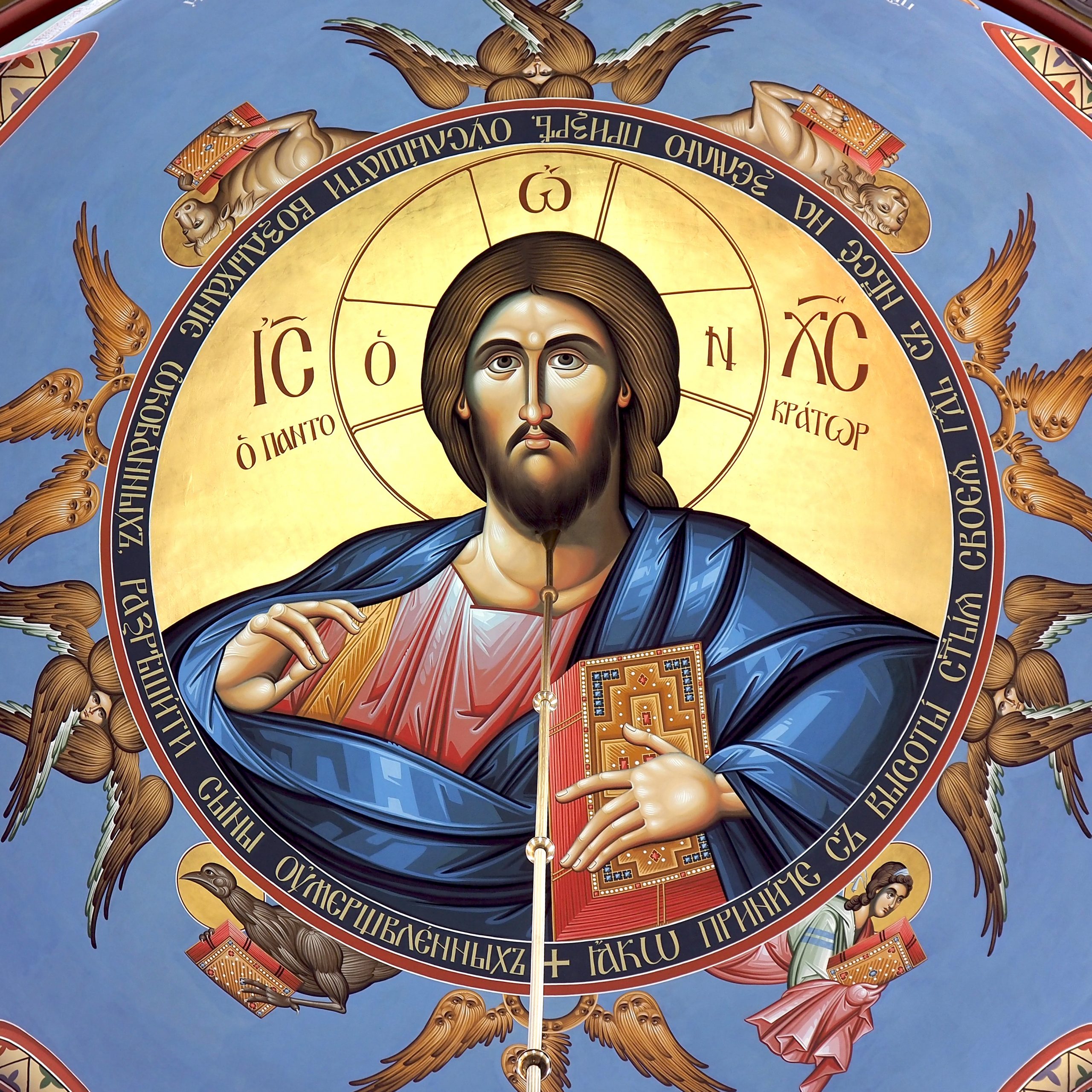If I speak in the tongues of men and of angels, but have not love, I am a noisy gong or a clanging cymbal. And If I have prophetic powers, and understand all mysteries and all knowledge, and if I have all faith, so as to remove mountains, but have not love, I am nothing. If I give away all I have, and if I deliver my body to be burned, but have not love, I gain nothing. Love is patient and kind. I Corinthians 13:1-4
Love is probably the most important word we have.
God created us out of love.
Love was the motivation for sending Christ into the world. (John 3:16)
The greatest commandments given by Christ are to love God and love our neighbor.
The Bible has been described as God’s love letter to His children.
Sin can be defined as failure to love.
Christ told us that love would be the thing that identified us as His disciples. (John 13:35)
Saint Paul, in his “treatise” on love in I Corinthians 13, writes that “If I have prophetic powers, and understand all mysteries and all knowledge, and if I have all faith, so as to remove mountains, but have not love, I am nothing.”
What is love? How do we love? Books upon books have been written seeking to answer these questions. Saint Paul defined love first as being patient and kind, so that is a great place to start. Nowhere is love defined as easy or fun. Many people associate love with a feeling. However, if love is only based on feelings, then every relationship would eventually fall apart, because when negative feelings enter a relationship, love would disappear.
Rather than a feeling, love is a choice we make. We can still love our spouses and our children, even when we are mad at them. Because love isn’t based on how we feel, but on a deep-seeded commitment, a choice to love.
It is safe to say that all gestures we make fall under one of three classifications—there are gestures of love, of negativity (hate is too strong of a word, but a word that is the opposite of love) and of indifference. Encouragement falls under the first gesture—encouragement is a gesture of love. If encouragement, therefore, is tied to love, then the top two characteristics of love—patience and kindness—can be attached to encouragement and encouragers. If we want to be good encouragers, it is necessary to learn how to love, and it is necessary to learn patience and kindness.
Being an encourager, just like love, is not always easy, and it is not always fun. There will be times when we will encourage and get no feedback. There may even be times when we encourage and get negative feedback. There are people who are not ready or able to receive encouragement on a particular day. Perhaps because they’ve suffered a setback. There are also people who are eager and ready and need some encouragement. Of course, it is great to encourage these because we will get positive feedback right away.
Encouragement, like love, can’t be based on a feeling or even the prospect of feedback. Encouragement, like love, is a choice. We can choose to encourage others, regardless of how we are feeling, how they are feeling, and even whether they will react favorably or unfavorably to our encouragement. And because there are so many variables when it comes to encouragement, just as with love, the encourager must be patient. That perhaps is the most important quality of the encourager—to be patient, and to give encouragement not necessarily expecting anything in return.
Encouragers are kind, since encouragement is an act of kindness. Kind gestures are not to be given in expectation of any reward. Any expectation of return constitutes an “exchange” rather than a gift. Kindness is a gift we offer to others. Kindness is also a choice. When someone is unkind to us, we can still choose to be kind in return. We can be kind even when we’ve been wronged, even when we disagree. We can go up to an “enemy” and still make a gesture of kindness.
As we will shortly reach the conclusion of our discussion on I Thessalonians 5:14, we are reminded that as we “admonish the idlers, encourage the fainthearted, (and) help the weak,” we must be patient with all. Encouragement, like love, begins with patience and kindness.
Lord, thank You for loving me. Thank You for being patient in overlooking and forgiving my sins. Thank You for the many gestures of kindness You bring into my life (list some of them). Help me to be a more loving person. Help me to be patient with others. Open my eyes and my heart to opportunities to be kind today. Send people into my path who need some encouragement, and give me the wisdom to lift them up today. Amen.
Encouragement is a choice. Choose to encourage today. Choose to be patient. Look for opportunities to be kind and choose those as well.
These readings are under copyright and are used by permission. All rights reserved. These works may not be further reproduced, in print or on other websites or in any other form, without the prior written authorization of the copyright holder: Reading © Holy Transfiguration Monastery – Brookline, MA, Apolytikion of Abbot Marcellus © Narthex Press, Kontakion of Abbot Marcellus © Holy Transfiguration Monastery – Brookline, MA.
The Revised Standard Version of the Bible is copyrighted 1946, 1952, 1971, and 1973 by the Division of Christian Education of the National Council of the Churches of Christ in the U.S.A. and used by permission. From the Online Chapel of the Greek Orthodox Archdiocese of America.




